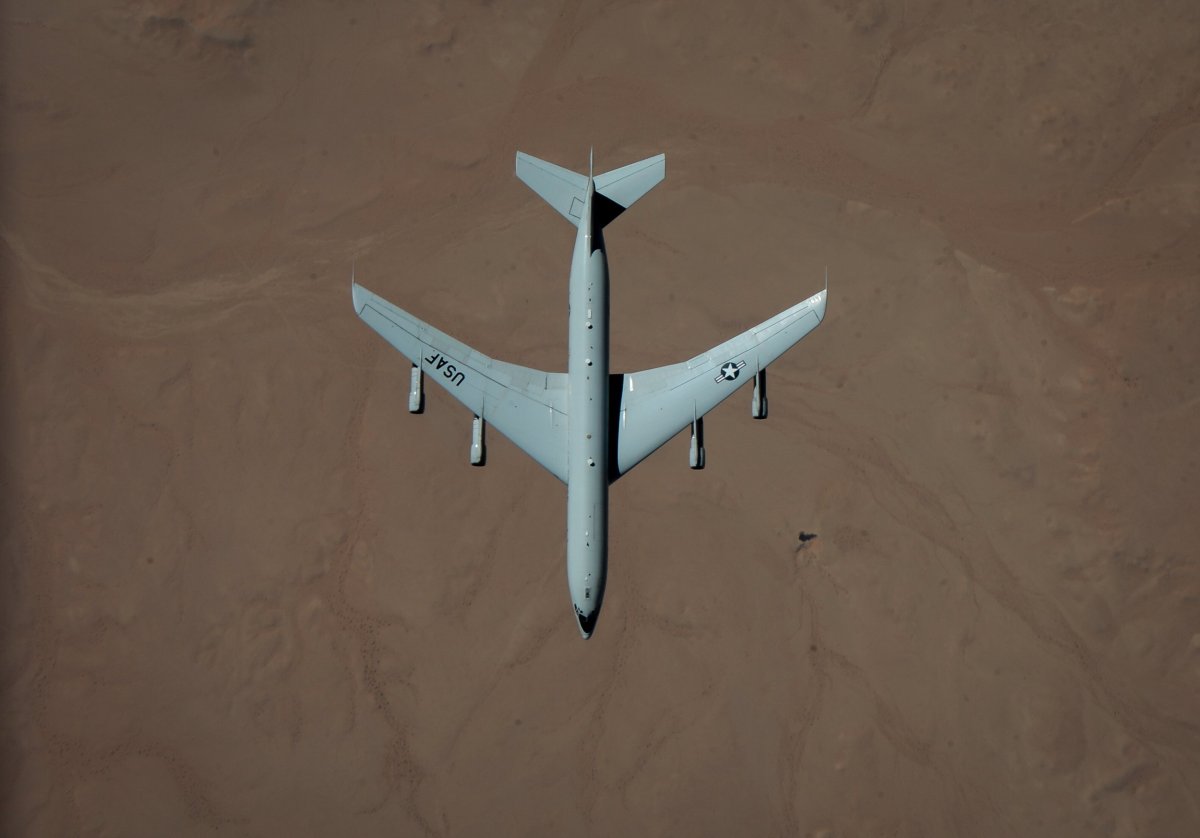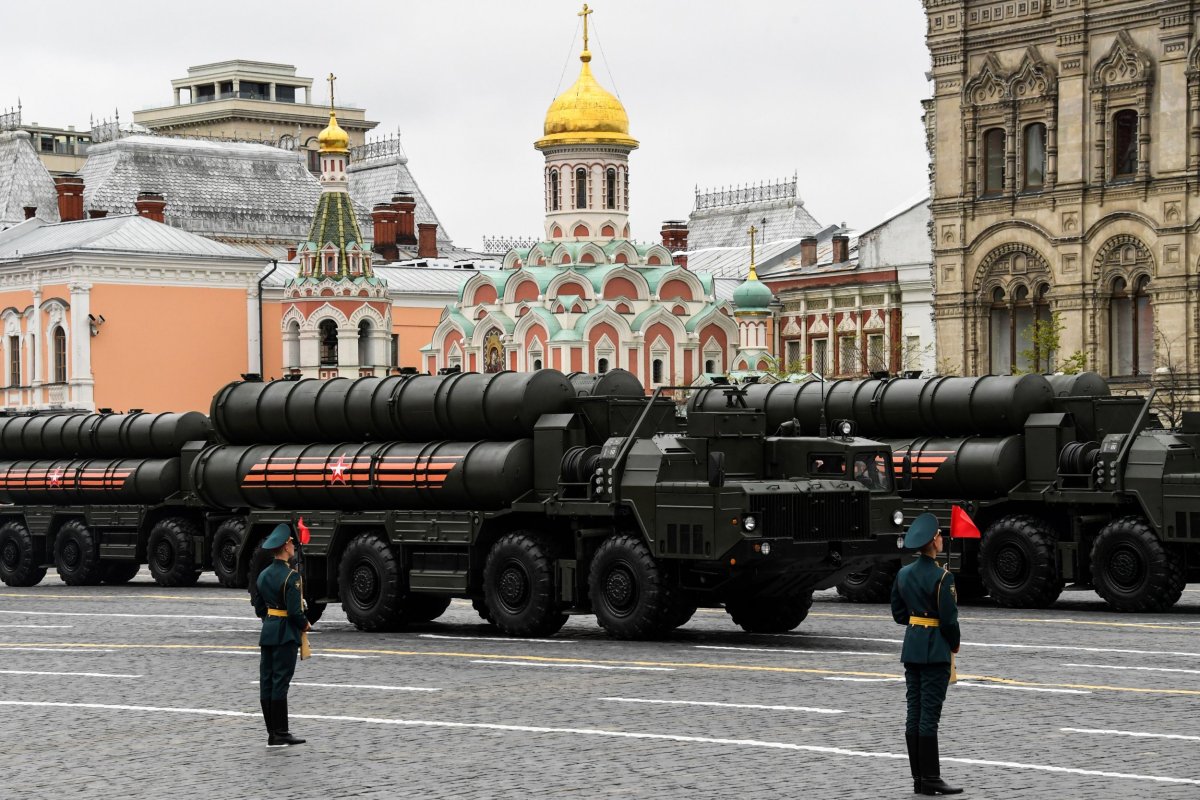Russian and Chinese air defense superiority means that even the most cutting-edge command and control aircraft in the American fleet would be shot down immediately in the event of a war, leaving U.S. forces blind on the battlefield.
Air Force Secretary Heather Wilson told the Senate Appropriations subcommittee on defense that even with planned upgrades to the planes, Russian and Chinese technology means they would be too easy a target for effective use, the Air Force Times reported.
Wilson was discussing the Northrop Grumman E-8 Joint Surveillance Target Attack Radar System (JSTARS) aircraft, designed as a flying command and control center able to conduct surveillance and distribute information to troops on the battlefield below.

The Air Force is at loggerheads with lawmakers who want to replace the aging JSTARS fleet with 17 new aircraft, even though the service doesn't want them.
The Air Force wants to push its Advanced Battle Management System plan instead. That program would combine manned, unmanned and space-based platforms to achieve the same level of surveillance, officials said. But the House subcommittee has vowed to limit funding for that plan at 50 percent if the JSTARS program is shelved.
Wilson told the subcommittee on Thursday that even the upgraded JSTARS aircraft would be ineffective against Russian and Chinese defenses in the event of war. "Russian and Chinese surface-to-air missiles have more range," she explained, "and the plane would be shot down in the first day of conflict."
The secretary has been consistent on her opposition to continued JSTARS investment, and in February warned, "Buying a new version of something that was revolutionary 30 years ago doesn't take us to a more competitive future."
Wilson said there was a middle ground between what the Air Force and lawmakers wanted, but warned it that would be costly. "Yes, we could do both, and it costs about $7 billion more than what we propose in our budget," she said. Such an approach would keep the JSTARS platform in operation through to the mid-2020s.
The U.S. military is well aware of the potent air defenses available to Russians, and, thanks to a recent deal, to China, too. The S-400 is considered the world's finest anti-aircraft missile system and gives users the ability to hit enemy aircraft or missiles at a distance of 250 miles and an altitude of over 98,000 feet.
Made up of four missiles of varying ranges and speeds, the most powerful can travel at Mach 15, or 11,509 miles per hour. Only America's most recent fifth-generation aircraft, such as the F-22 Raptor and F-35 Lighting II jets, are thought to be competitive against such an accomplished weapon.

Last month, China took its first delivery of the S-400 system, doubling the number of potential American rivals fielding the advanced technology. The S-400 makes U.S. military leaders nervous, and they are looking to close the gap.
With Russia already working on the S-500 upgrade, the U.S. and its NATO allies will need to work quickly. The weapon will reportedly increase Russia's anti-air range to around 373 miles and over 656,000 feet—high enough to hit objects in orbit.
Russian technology is even causing rifts within NATO, with Greece considering upgrading its existing S-300 system and Turkey having already agreed a deal to purchase its own S-400s.
Uncommon Knowledge
Newsweek is committed to challenging conventional wisdom and finding connections in the search for common ground.
Newsweek is committed to challenging conventional wisdom and finding connections in the search for common ground.
About the writer
David Brennan is Newsweek's Diplomatic Correspondent covering world politics and conflicts from London with a focus on NATO, the European ... Read more
To read how Newsweek uses AI as a newsroom tool, Click here.








